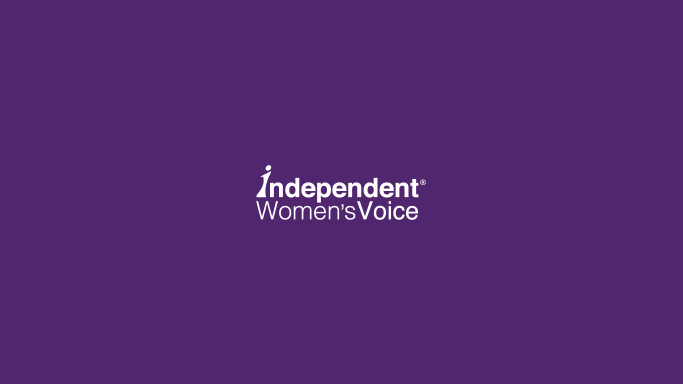WASHINGTON, DC — In last night's pre-Super Tuesday showdown, the candidates took the stage to make a final rally on issues important to voters, like health care, immigration and the economy. While both Senator Marco Rubio and Senator Ted Cruz have been outspoken about repealing and replacing ObamaCare – both have signed the ObamaCare Repeal Pledge to demonstrate their seriousness – Donald Trump continues to terribly misunderstand the healthcare fight.
In the past he's said he's "very liberal when it comes to health care" and most recently has said he likes the individual mandate, the cornerstone that props up ObamaCare. Last night when pressured by Rubio on a healthcare plan Trump repeatedly said he would "remove the lines" around states to allow more interstate insurance competition. Of course, allowing the purchase of health insurance across state lines could be one small part of a broader, market-friendly health reform plan. But on its own, this idea won't have much effect at all.
Moreover, while Trump echoes the other candidates that he too would repeal the law, he has yet to sign the Repeal Pledge and prove to voters that he will stand by his word.
Rubio and Cruz's decision to put pen to paper and sign the Repeal Pledge proves to voters that, when it comes to health care, they get it: they are committed to dissolving ObamaCare and resolving our healthcare crisis with a superior patient-centered plan. They know that citizens and their doctors, not government bureaucrats, should have choice and control over health care, and that market-driven reforms will lead to great affordability and access.
The Repeal Pledge advocates not just repeal, but defunding, deauthorizing, and dismantling the misleadingly-titled Patient Protection and Affordable Care Act, passed in early 2010. The Repeal Pledge was designed as a litmus test to help the American public understand which candidates and office holders are serious about repeal, versus those who claim to be but won't actually take action.
###

